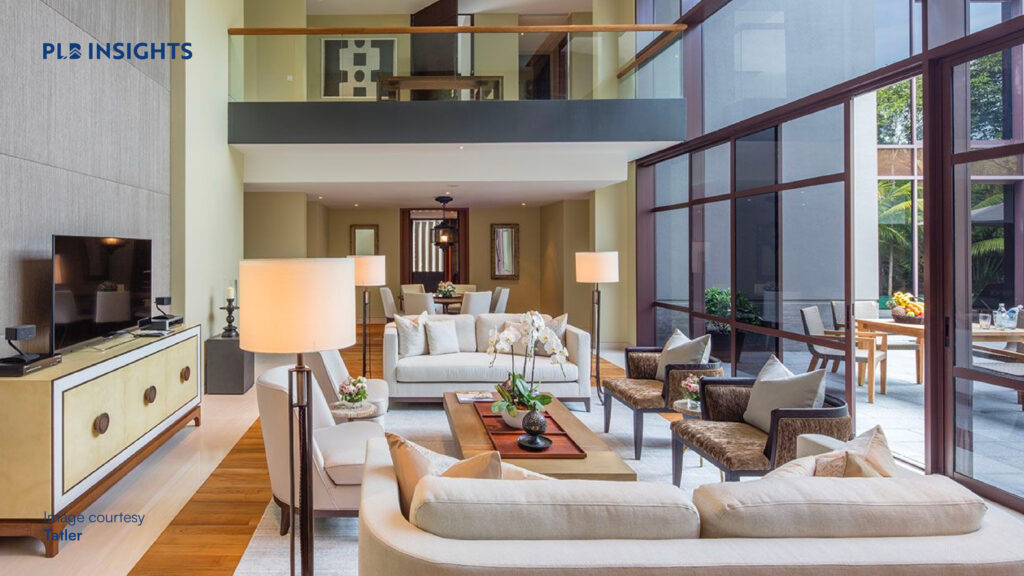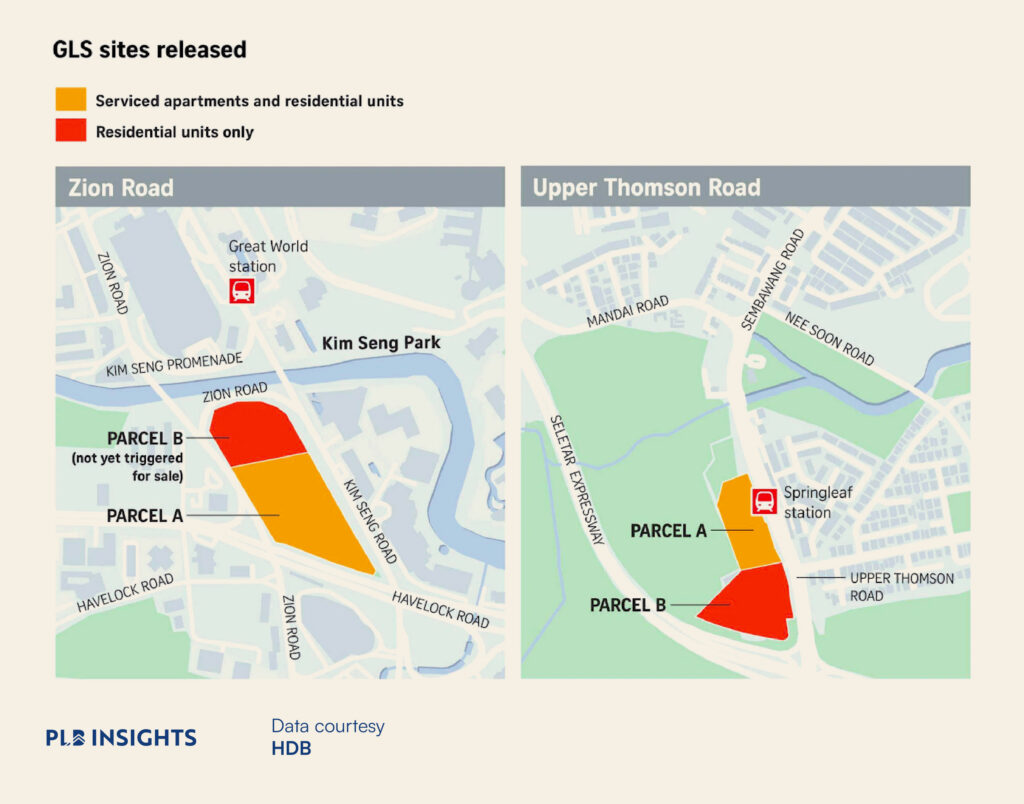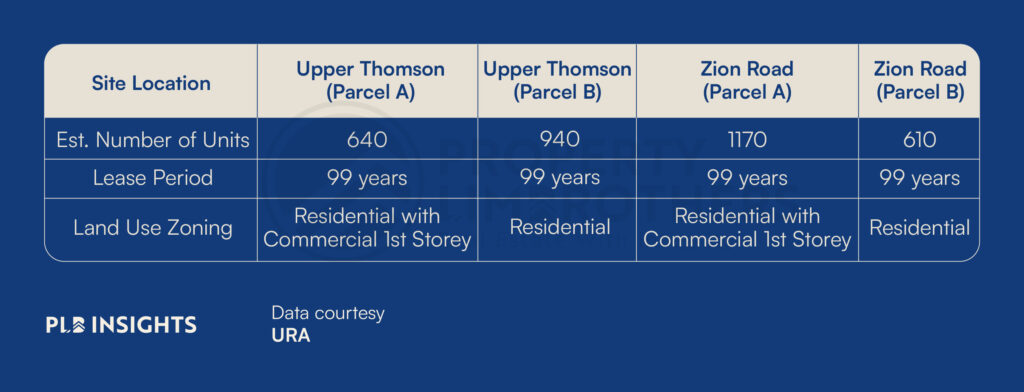
The Singaporean government has introduced an initiative to pilot a new category of serviced apartments with a minimum three-month stay requirement. This move aims to address the growing demand for extended rental accommodations, particularly in the face of competition from short-stay tenants such as tourists and business travellers. Minister for National Development Desmond Lee unveiled this initiative at the Real Estate Developers’ Association of Singapore (REDAS) 64th-anniversary dinner, highlighting the need for a targeted approach to meet the rising demand for longer-term stays. With more young people keen to move out earlier or have short term housing options, this decision comes as a welcome alternative to renting amid long leases and rising rental rates.
The key difference between existing serviced apartments and the new category of serviced apartments would be on the minimum stay period. Existing serviced apartments have a minimum 7-day stay requirement, and while this is still in the benefit of those that require a longer stay duration. They will have to compete with visiting tourists and expatriates on short term visits. The new pilot will alleviate the competition that longer term renters face.
URA’s Supervision and Key Locations
The Urban Redevelopment Authority (URA) will oversee this pilot project, introducing long-stay serviced apartments coexisting alongside traditional short-stay options. The new apartments, equipped with kitchenettes or kitchens and providing support services like concierge, housekeeping, and laundry, will not be subdivided for sale. They are somewhat similar to co-living spaces, such as Lyf or The Assembly Place. Two strategically located sites at Upper Thomson Road and Zion Road, listed under the Government Land Sales (GLS) Programme for the second half of 2023, will be the initial locations for this innovative housing model.

The leasehold sites that are released for sale are Zion Road Parcel A and B and Upper Thomson Road Parcel A, with Upper Thomson Road Parcel B on the Reserve List. These sites, part of the second-half 2023 Government Land Sales (GLS) confirmed list, can collectively yield 535 long-stay serviced apartments. Developers with hospitality experience might find these projects appealing, considering the potential for lower operating costs compared to traditional hotels. The combined total of 3,360 units can be obtained from the four leasehold sites situated in Zion Road and Upper Thomson Road, which are conveniently positioned near stations on the Thomson-East Coast line – Havelock (TE16) and Springleaf MRT stations (TE4).
The introduction of a fourth site, Zion Road Parcel B under the Reserve List, further emphasises Singapore’s commitment to innovation in housing solutions. With a potential yield of 610 residential units, including serviced apartments, the government signals a proactive stance in catering to evolving housing demands. As analysts predict the potential success of this pilot project, there’s anticipation that more sites may be released, potentially paving the way for a “build-to-rent” model. This initiative reflects the government’s foresight in ensuring a stable housing supply amid future uncertainties. The attractiveness of Zion Road Parcel A, with its proximity to Orchard Road and the city centre, contrasts with potential caution from developers regarding Upper Thomson Road plots. The integration of biodiversity-sensitive urban design strategies in proposed developments near the Central Catchment Nature Reserve highlights Singapore’s commitment to sustainable and eco-friendly practices.

Adapting to Diverse Tenant Needs
The coexistence of long-stay and short-stay serviced apartments recognises the diversity of tenant needs, demonstrating adaptability within the real estate sector to cater to a broad spectrum of residents. Many categories of individuals can fall into those who need such a housing option – tertiary students, working adults working remotely, those undergoing home renovations and couples who are experimenting with home owning.
However, challenges may arise, including potential adjustments in property management strategies and marketing efforts. The minimum rental period for private residential properties is 3 months, while for HDB it is 6 months. However. majority of landlords in the rental market, whether for private or public housing, tend to prefer a two-year lease. Hence this nicely fills in the gap between those who are not able to commit to a longer lease. Developers and property managers will need to navigate the nuances of catering to different rental durations, ensuring that each segment remains viable and competitive.
By offering long-stay serviced apartments, the government aims to provide diverse housing options, reflecting an understanding of changing residential preferences. The move acknowledges the importance of maintaining a healthy rental supply to accommodate those who wish to have their own space. This development could influence the dynamics of the real estate market by addressing a specific gap in the market for individuals seeking extended stays, potentially leading to increased occupancy rates and demand for such accommodations.
Closing Thoughts
Singapore’s venture into long-stay serviced apartments signifies a proactive response to evolving housing demands. The success of this pilot project could shape future policies and offerings in the real estate market, emphasising adaptability and targeted solutions. Stakeholders will closely monitor tenant preferences and market dynamics, anticipating shifts in demand and adjusting strategies accordingly. While this move seems positive on a whole, it will take time to see the long term effects on the market and the take up rate of such apartments over the years against traditional renting options.
If you have further questions on this topic, or are looking for guidance in your property journey, do contact us here and we will be happy to help! See you in the next one.







